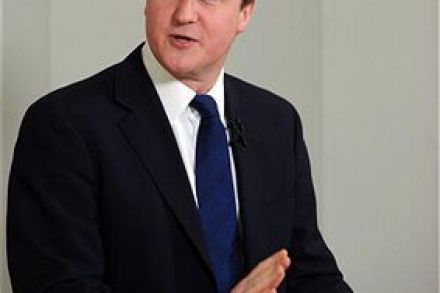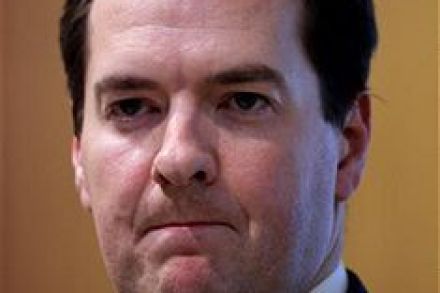Mr Blond goes to Washington
The Red Tory, Phillip Blond, is spreading the faith in the States. The New York Times’s David Brooks is impressed, very impressed. In fact, he is a proselytising convert. ‘Britain is always going to be more hospitable to communitarian politics than the more libertarian U.S. But people are social creatures here, too. American society has been atomized by the twin revolutions here, too. This country, too, needs a fresh political wind. America, too, is suffering a devastating crisis of authority. The only way to restore trust is from the local community on up.’ Blond’s premise is unanswerable – the twin revolutions of left (prescriptive rights) and right (free market liberalism)


















